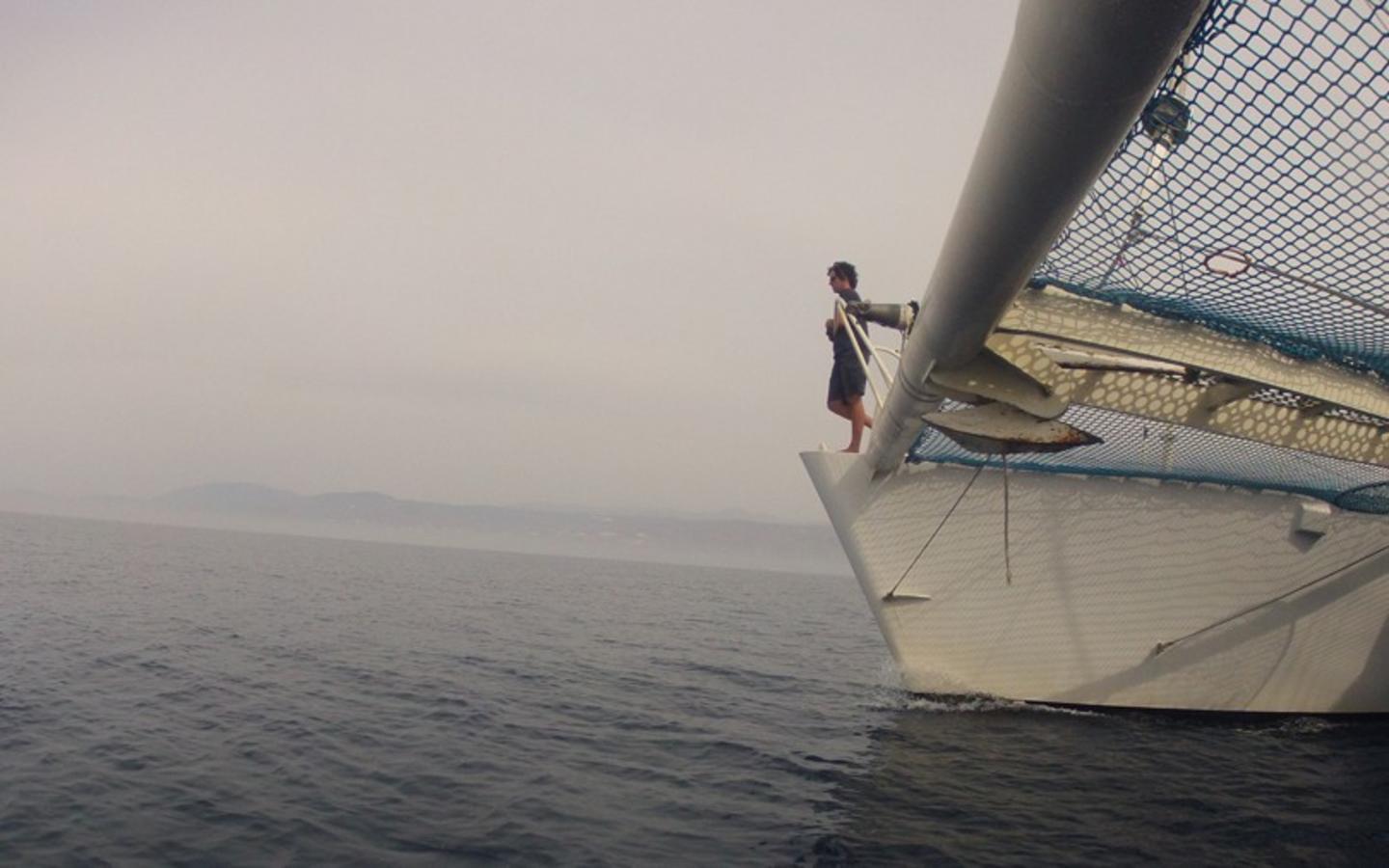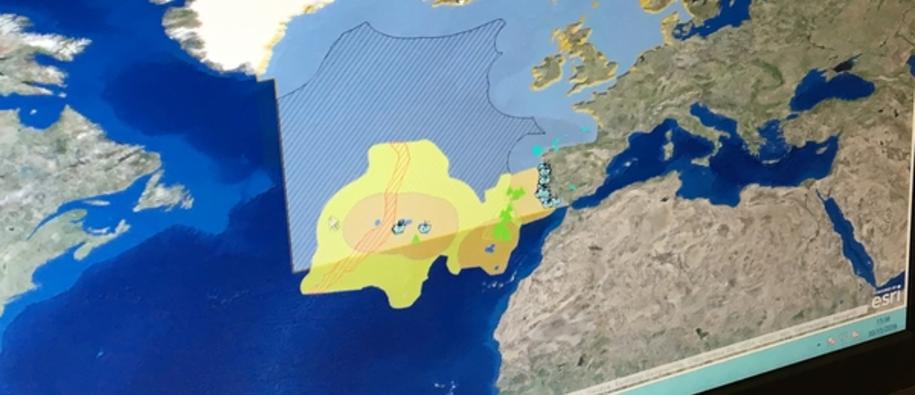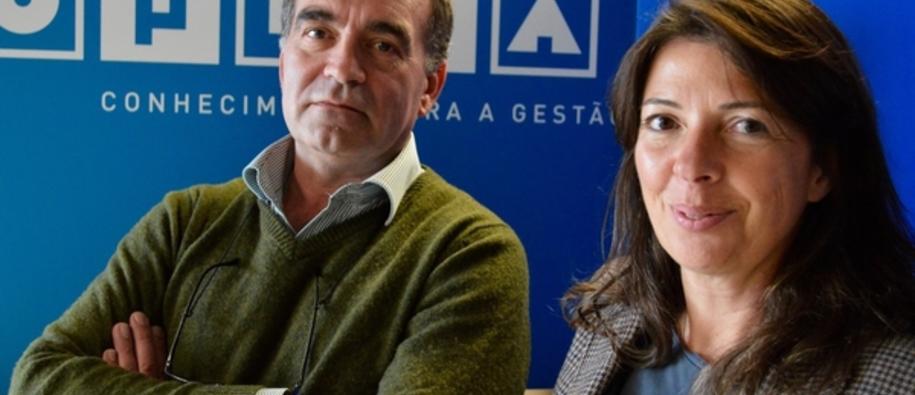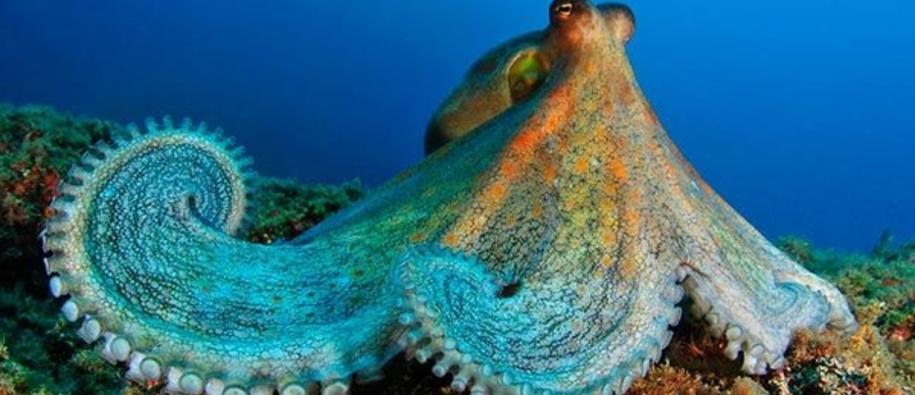Portugal’s marine areas account for 50 percent of EUs economic zone, and the ocean is a common denominator for both scientist, bureaucrats, tourist guides, lawyers, teachers and fishermen, to mention a few. All these professions have experience and knowledge of the sea, and they can learn a great deal from each other.
This was the starting point for the initiators of the project 'SOPHIA'. Their mission has been to gather vast amount of knowledge, and spread it throughout the country.
Poetry and facts
“We wanted to communicate quite complex matters regarding the marine areas in a more modern and innovative way, so we created a common website for knowledge-sharing. People from all sectors have turned to our platform. Professionals and amateurs have shared, discussed and collected information from the material made available. We’ve got people talking about the ocean” says project promoter Sandra Moutinho.
The project name ‘SOPHIA’ was chosen as a tribute to the great Portuguese poet Sophia de Mello Breyner Andresen whose poems to a great extent were inspired by the sea. The intention of the project is more factual though, as it aims to promote solid facts and raise the knowledge of marine environment management among people working in the field.
Temperature and colour
Sandra and her colleagues have arranged courses, workshops, debates and mass meetings within seven different subjects related to the marine environment, ranging from deep sea ecology, interpretation of the sea surface temperatures and ocean colour satellite images, to the law of the sea, and data collection for use in geographic information systems.
These subjects have been taught and debated at different venues, and eventually shared on 'SOPHIA’s common website. The project is funded by the EEA Grants and is part of the Environmental protection and management programme.
Half of EU
The main purpose of the knowledge sharing was to protect the environment and to utilize the resources in the best possible way.
“Portugal’s marine areas account for 50 percent of EU's economic zone. We are depending on measuring and monitoring the area and need to increase our technical skills,”says José Manuel Marques, senior coordinator of the project.
He says it’s essential that different professions work together, for the country to be able to implement and follow European Union's ambitious Marine Strategy Framework Directive.
“The main objective was to show a new way of looking at the sea, and make marine knowledge accessible to more people. The outcome has been even mightier,” says José, who works for the Directorate of natural resources and maritime services in Portugal.
Opportunities for Blue Growth
Norway and Portugal, are both facing the Atlantic. Both countries have long coastlines, and the area of the territorial waters is much greater than that of the land. That is also why two Norwegian institutes - NIVA (Norwegian Institute for Water Research) and NILU (Norwegian Institute for Air Research) - are among the entities that participates in the project.
“Nature has offered us great opportunities for Blue Growth, but our long coastlines also comes with responsibilities with respect to monitoring these vast areas and complying with international agreements,” says Alice Newton, NILU’s representative in the project.
NILU organized meetings, capacity building courses and training, and contributed with research results.
“Both countries benefit from the exchange of knowledge and results, which can also lead to cost-effective solutions,” says Newton.
Mutual interest in the sea
Sandra Moutinho has been wrapping up the first part of ‘SOPHIA’ this spring, but she hopes the project can live on.
“The feedback has been overwhelming, despite the challenge of gathering experts from different fields. I hope the project can be used as a pilot on quality standards in several countries, and promote constructive cooperation among other coastal countries that have a mutual interest in the sea," says Sandra.
---
Here are a few of our other environmental projects:



